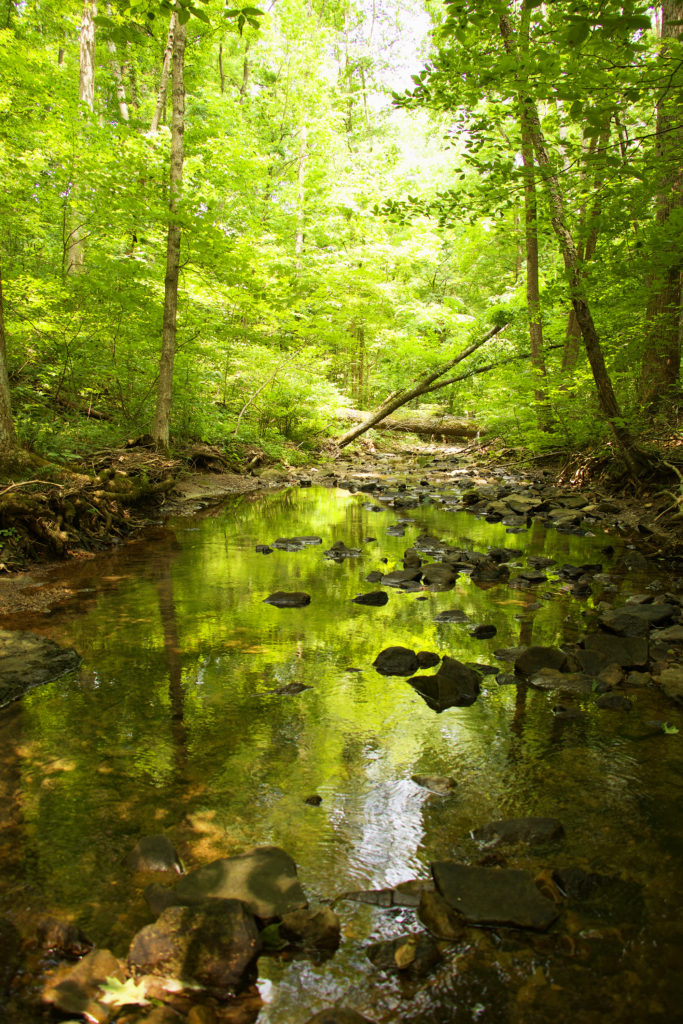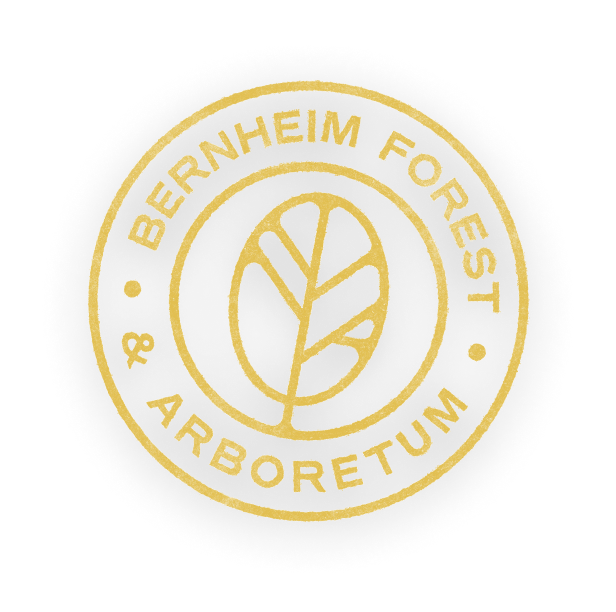By Mark Wourms
 March 22 is World Water Day. In honor of this celebration of one of our most critical resources, we wanted to share some ideas of ways you can protect water from your own home.
March 22 is World Water Day. In honor of this celebration of one of our most critical resources, we wanted to share some ideas of ways you can protect water from your own home.
Every organism, including humans need clean water. We all have opportunities in our homes and yards to conserve water and protect water quality. If we all think about water and take a few steps to protect our precious water on World Water Day and beyond, the collective impact would be immense.
Here are a few steps you can take to protect water:
Fix Leaks
Drip, drip, drip – a large percentage of water used in homes and yards is lost by dripping faucets and leaking pipes. Be aware; fix those drips.
Refrain from the use of daily toilet bowl cleaner
Of course it is important to clean our toilets, but the sanitizers and bleached-based cleaners, particularly the products that release with each flush, are treated by local sewage plants, costing us all money. Due to combined sewer and storm water systems, during rains much of those toilet bowl products contribute directly to water pollution. Not only is cleaning your toilet each time you flush unnecessary, it also harms our water.
Properly dispose of waste
Don’t dump hazardous waste like oil, cleaning solutions, paints, lawn products, and other chemicals in streams, lakes or on the sides of roads. All those chemicals eventually find their way into our water systems.
 Reconsider your lawn
Reconsider your lawn
Lawns are one of the most expensive, water and energy consuming, and ecologically destructive crops in North America. In the U.S., more land is used for lawn than land in the national parks combined. Changing lawns from grass to native plants that require less maintenance not only helps save you yard work, but limits the use of water and lawn products. Consider the following ideas.
- Many of the fertilizers, insecticides and herbicides used to maintain that perfect, or not so perfect lawn washes into local waterways and ground water, causing algal blooms and other problems.
- Automatic irrigation systems often waste water through leaks and by automatically watering grass during rainy days.
- Replace 10% of your lawn with native plants to reduce water use, cut air pollution from inefficient mowers, and increase bird and butterfly habitat.
Dogs, dogs everywhere, and so are their droppings. Dog feces foul water with bacteria while adding excessive fertilizer boosting the growth of algae. Pick up after your dog when walking and in your yard.
Dispose of Your Medications Properly
In homes that use septic tanks, prescription and over-the-counter drugs flushed down the toilet can leach into the ground and seep into groundwater. In cities and towns where residences are connected to wastewater treatment plants, prescription and over-the-counter drugs poured down the sink or flushed down the toilet can pass through the treatment system and enter rivers and lakes. These water sources may flow downstream to community drinking water supplies. Water treatment plants are generally not equipped to remove medicines.
Take advantage of pharmaceutical take-back collection programs that accept prescription and over-the-counter drugs, as these programs offer a safe, environmentally conscious way to dispose of unwanted medicines.
Volunteer in your community
Many organizations, like Bernheim, rely on the generosity of community volunteers to help complete their conservation mission. Many water-focused organizations have stream cleanup days and water testing programs, which you can join. Volunteers doing conservation work are vital in efforts throughout the state to keep our streams, creeks, springs, and rivers clean.
Water is precious! Jim Beam Suntory agrees. That’s why we formed an alliance dedicated to conserving this critical resource and providing water education programs. This is possible through the Jim Beam Natural Water Sanctuary Alliance at Bernheim.
Most water dates back 4.5 billion years when it arrived on our forming planet via comets, meteorites, and asteroids. All creatures, all plants, and all of us need this limited resource. Together, we can all do our part to keep our water clean and healthy.
Happy World Water Day!
Dr. Mark K. Wourms
Executive Director

